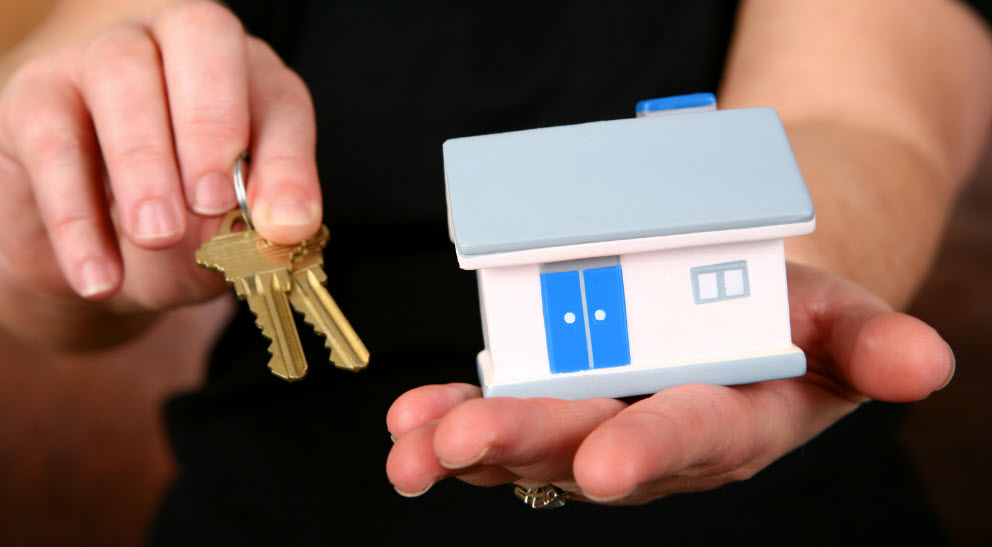Revitalize Your Space: Unveiling the Hottest Flooring Trends of 2024!

As we enter the new year, it's the perfect time to breathe new life into our homes. And what better way to start than by giving well-deserved attention to our often-overlooked floors? Whether you're gearing up for a major makeover or simply replacing worn-out surfaces, 2024 promises an array of exciting flooring trends, transforming your space into a haven of style and comfort.
1. Warm Tile Tones for a Moody Elegance
Step into 2024 with a burst of warmth underfoot! Tile design is turning towards inviting hues like cream, beige, and grey, blending different large formats and tonalities to craft captivating patterns. Jordana Moche, the maestro behind Porcelanosa NYC, predicts a surge in popularity for medium and darker wood-effect tiles and earth-toned flooring. Picture a home with a cozy, moody charm—a true retreat with a touch of hospitality.
2. Retro Carpet Revolution: Nostalgia with a Twist
Hold on to your hats because the carpet revolution is here! Audra Keiber, Mohawk's design and development virtuoso, hints at a retro resurgence in 2024. Like vintage furnishings and retro colorways, carpets are making a stylish comeback. Step away from the mundane gray and embrace the unique patterns and warm tones of this nod to nostalgia. Our top pick? The upcoming Karastan release, Stitchery, weaves a classic herringbone pattern with traditional colorways for a truly inspiring finish.
3. Familiar Farmhouse Flooring with a Modern Twist
The modern farmhouse style still reigns supreme in 2024. According to Adam Vester, Mohawk's design maven, farmhouse trends are evolving towards warm minimalism with Scandinese influences. Raw textures and organic forms meet Scandi minimalism, creating a visually clean backdrop that transforms living spaces into soft-spoken retreats. Embrace the familiarity of farmhouse flooring with a modern, sophisticated twist.
4. Innovative Sustainable Floors: A Green Revolution
Eco-conscious living takes center stage as sustainability and inclusivity drive flooring choices. Audra Keiber emphasizes Mohawk's commitment to sustainability, introducing innovative bio-based flooring alternatives. Expect clean, renewable, and sustainable materials to take the lead in 2024. Join the green revolution and explore flooring options that align with your values.
5. Hardwood Floors Reign Supreme in Kitchens
In 2024, we'll see kitchens graced by the enduring elegance of hardwood floors. Mitchell Parker, senior editor at Houzz, unveils the trend, with a quarter of renovating homeowners opting for stained or unstained hardwood. Get ready for smooth surfaces, raw wood tones, and wide planks. While lighter hues make waves, rustic wood's earthy charm remains a steadfast favorite. Dive into the classic herringbone pattern for an elegant and classy appearance.
6. A Nod to Nostalgia Across Hard Surfaces
Nostalgia isn't confined to carpets alone—hard surfaces are joining the trip down memory lane in 2024. Adam Vester reveals a trend characterized by clean lines and a pared-back aesthetic. Visualize wood and laminate flooring with enhanced wood looks, featuring more minor character knots. This fusion of midcentury modernism with retro seventies vibes and futuristic elements creates an environment that transcends time, offering a sense of timeless elegance.
7. Universal Design for All: Future-Proofing Homes
Homeowners are embracing universal design principles, renovating with everyone in mind. Future-proofing becomes key, ensuring accessibility and convenience for all. Mitchell Parker points out the rising trend of addressing special needs during renovations, focusing on safety. Think nonslip bathroom flooring—a simple yet crucial upgrade that enhances safety for all ages.
In 2024, let your floors tell a story of warmth, nostalgia, and sustainability. Embrace the trends that resonate with your style, and transform your space into a haven of excitement and authenticity. Prepare for a year when flooring becomes the star of your home's design narrative!
Ready for more homeowner tips? Remember to follow us on our Facebook page!
If you've decided to sell or buy this year...congratulations! What an exciting time for you. We're here to assist you every step of the way. Call our family team of experts today and we'll get down to business crafting your plan for real estate buying and selling success!




 It's common to hear the term "all-cash buyer" during real estate shows. It's often used as a way to sweeten a deal, but what's the reality? You can buy a house in Omaha with cash or with a mortgage, and each has its own pros and cons.
It's common to hear the term "all-cash buyer" during real estate shows. It's often used as a way to sweeten a deal, but what's the reality? You can buy a house in Omaha with cash or with a mortgage, and each has its own pros and cons. Are you buying a home in Omaha or plan to sell your Omaha home? If so, you may be dreading the moving process. To be honest, it's never easy. But there are ways to make the process go more smoothly and with less stress. Here are some tips to help your nest move a successful one.
Are you buying a home in Omaha or plan to sell your Omaha home? If so, you may be dreading the moving process. To be honest, it's never easy. But there are ways to make the process go more smoothly and with less stress. Here are some tips to help your nest move a successful one.










